Have you ever wanted to write a play? Maybe you’ve done some playwriting before. Here’s the beginnings of a plot, that’s the main things that happen in a play. What we’ve given you is enough to get you started on writing an exciting short play with four characters. But even though a little bit has already been filled in, there are still plenty of choices for you to make so you’ll wind up with a totally original play written by you!
One of the most important things to remember when you write a play is that there is no description in playwriting like there is when you write a story. All the important details that you want to tell the audience have to be shared through the dialogue. Those are the lines the characters speak to each other.
In a story, you might start by writing this way:
Hilary was feeling sad. Her friend Sandy decided to cheer her up.
Here’s the same beginning if you were writing a play.
Sandy: Hey, Hilary, why didn’t you answer when I called you up?
Hilary: I wasn’t in the mood.
Sandy: Is everything ok?
Below are the three scenes of the play. There is no one way for a play to turn out. Ten different writers would wind up with ten totally different plays. We’ve given you some information about the characters and some questions to get you started. The rest depends on your ideas and your imagination.
We hope you have fun writing your play. If you would like to talk about it as you go, or ask any questions, just e-mail us at wings@wildswantheater.org. And when you finish, we would love to read your play! Please email your script to us so we can read it, and write to you about it. Suggested age range: 8 and up
Play #1: Mysterious Coversations
Scene 1: Overheard Coversation
LTwo friends, A and B, overhear a conversation. They can tell they weren’t supposed to hear it. The conversation they overhear is spoken by C and D.
The conversation has a big effect on A and B who feel at least one of these ways: frightened, surprised, excited, worried, terrified, jealous, thrilled.
Get ready to write some dialogue that will make an exciting scene around this overheard conversation. Here are some of the decisions you will need to make.
Who are A and B? What are their names? How old are they? Are they good friends? Classmates? A reporter and an astronaut? These are just examples. They could be anyone. Where are they? What are they doing there? Why don’t C and D notice them?
Who are C and D? What are they talking about? Why don’t they want A and B to know? Why do they think they are in a place where they won’t be overheard?
Do the four characters know each other?
Scene 2: Following the Trail
A and B decide they have to follow C and D but they need to be careful. They don’t want to get caught. What could happen to them if they do get caught?
So now you are going to write some more dialogue, some between A and B, some between C and D. Maybe A and B will stop behind a tree and stay silent listening to C and D. Maybe C and D will worry they are being followed.
How do A and B feel? Why don’t they want to get caught?
C and D set off along a path. The path goes through – choose one of these or make up your own: a forest, a crowded city, a path running along river, through a park with lots of playground equipment, through the rooms of a museum. C and D talk about their plan, about why it’s important to keep their secret, about being confident they won’t be discovered.
Do A and B walk behind C and D? If the route is along a river do they get in a boat? If in a city, do they duck behind trash cans, bus stops?
Do C and D get suspicious?
Scene 3: Discovery
C and D arrive at their destination.
A and B arrive soon afterwards.
Somebody is in for a big surprise.
Is it C and D? Is it A and B?
